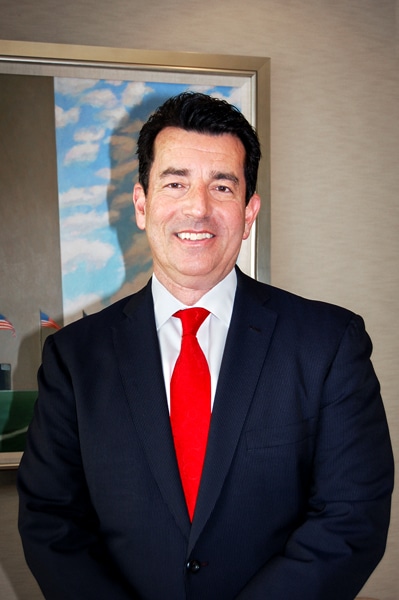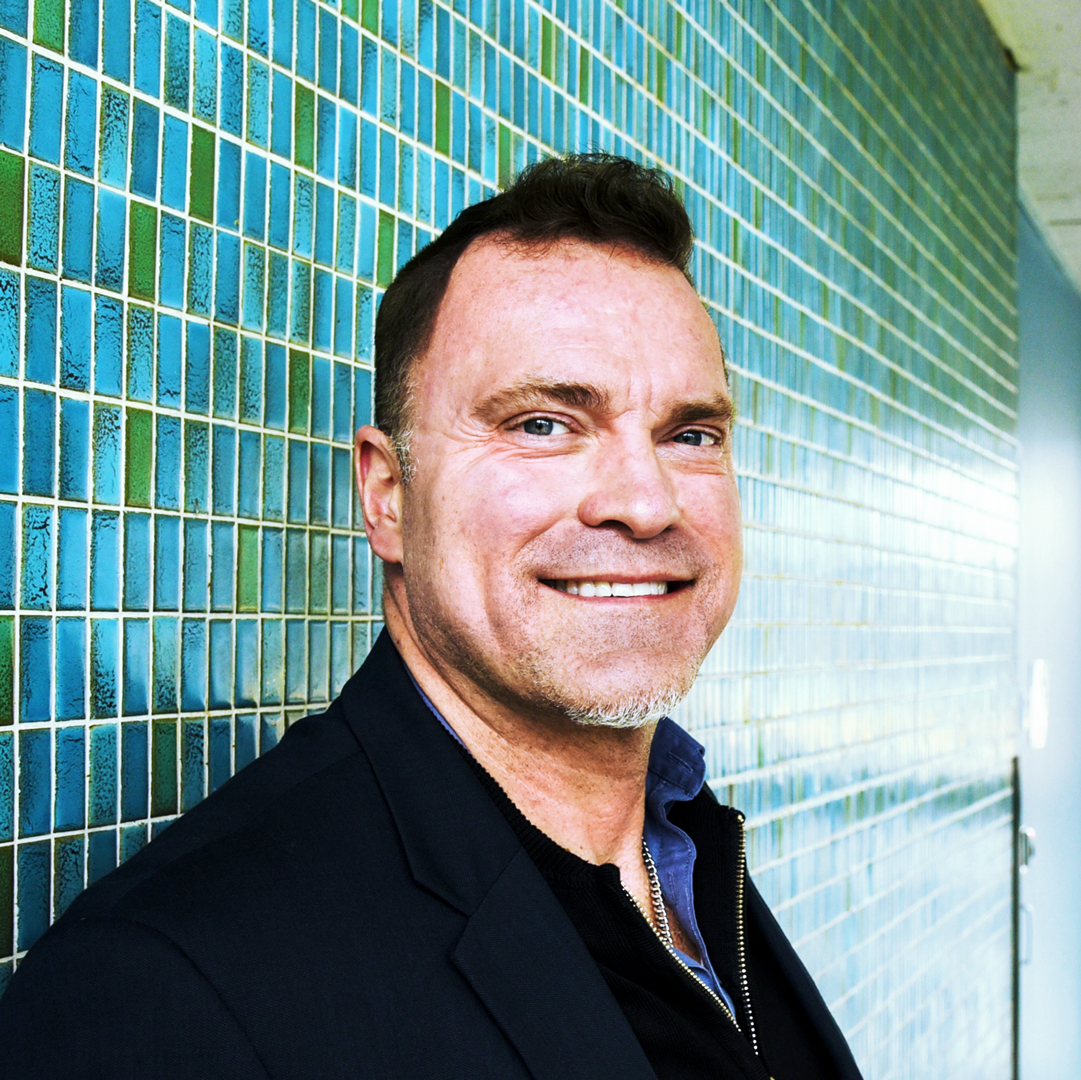For Rick Castiglia, general counsel of defense manufacturer Cubic Corporation’s global defense group (which comprises multiple operating divisions that conduct business around the world), globetrotting is a huge part of the job. Handling all the legal matters for the global defense group, which does business primarily with all branches of the US military and the militaries of at least forty other allied nations, is a gargantuan task. Luckily, Castiglia can rely on his legal and military experience, as well as the company’s dedication to streamlining processes and ethical conduct, to keep Cubic’s defense work going strong.
Castiglia began his career as a commissioned military officer, making him intimately familiar with the demands he must meet in the defense contracting industry. Upon graduation from law school, from 1992 to 1996, he served as an honors program attorney at the Air Force General Counsel’s Office. At the beginning of his tenure at the Pentagon, he was the chief of the US Air Force’s Procurement Fraud Remedies Program (where he worked closely on a daily basis with the US Department of Justice, government investigators, and suspension and debarment officials), and later served as lead counsel for the Air Force in more than one hundred bid protests before the General Accountability Office. After spending a few years at private firms working on government and commercial contracting matters, he found himself at Cubic, where he’s worked since 2005.

In a given year, Castiglia spends two to four months on the road, which is says can be “either for a good thing or a bad thing.” The good thing, he says, is negotiating the terms and conditions of his company’s newly won contracts with allied customers in places, most recently, like New Zealand or Taiwan. And the bad thing? “Solving the problem if we already have a contract and something goes wrong.” Luckily for Castiglia, the latter is a rare occurrence: “95 percent of my travel is for the good reason, and only 5 percent for the bad reason.”
It’s a demanding position, but Castiglia is prepared with more than a few best practices to keep his company working efficiently and competitively. One thing that helps is negotiating fair, unambiguous contracts in the first place, which “goes a long way towards preventing disasters from occurring during actual contract performance,” says Castiglia. Setting out fair, clear, and unambiguous terms and conditions is a key component, as it allows all parties to know their respective rights and responsibilities before work on the contract even begins and thereby prevents disputes from arising in the first place.
As for the constant travel, Castiglia says he likes it, as long as it’s relatively spread out. “Being on the road three to four weeks consecutively can get a little tough,” he admits. That said, the travel allows him to see the way contract law and procurement processes work in other countries, which he says “keeps the job fresh.”
Regardless of whether he is traveling, Castiglia, as part of a “lean and mean law department,” supports colleagues in branch offices all over the world. Typically, this takes the form of a daily routine in which he tackles matters from colleagues in each time zone as they come in—Asia Pacific and EU offices in the morning, then his company’s East Coast operations, then matters involving his company’s San Diego headquarters in the afternoon, and so on. It can be quite a challenge to juggle so many disparate matters from all parts of the globe—“despite my best intentions, I cannot do everything at once,” he admits—but working with unrelenting efficiency and prioritizing the most important items allows him to stay on top of his many tasks.
In dealing with sensitive matters like defense contracts and technology around the world, avoiding corruption and ethical breaches is often at the forefront of Castiglia’s mind and one of his most important responsibilities. To that end, he leads Cubic’s global anticorruption program to ensure the company’s alignment with ethical best practices. “To effectively do business in local countries, you often need local agents,” says Castiglia, which opens up the possibility of significant legal exposure for Cubic if those local agents engage in unethical conduct.
To mitigate that unavoidable exposure, Cubic thoroughly vets local agents, gives senior execs and key business development staff live annual anticorruption training, and provides online anticorruption training to other Cubic personnel and all agents each year. If his colleagues or agents have a question about whether a proposed action arguably could violate the US Foreign Corrupt Practices Act or similar anticorruption statutes and regulations, Castiglia urges them to call him for advice first. That proactive approach and interaction has worked very well for Cubic and is an important component of its global anticorruption efforts.
Whether ensuring that the company’s work is on the up and up or negotiating contracts for a host of buyers and partners worldwide, Castiglia feels a sense of purpose with his work at Cubic. “Our code of business ethics isn’t just words on a piece of paper,” he beams. “People actually walk the walk.”


